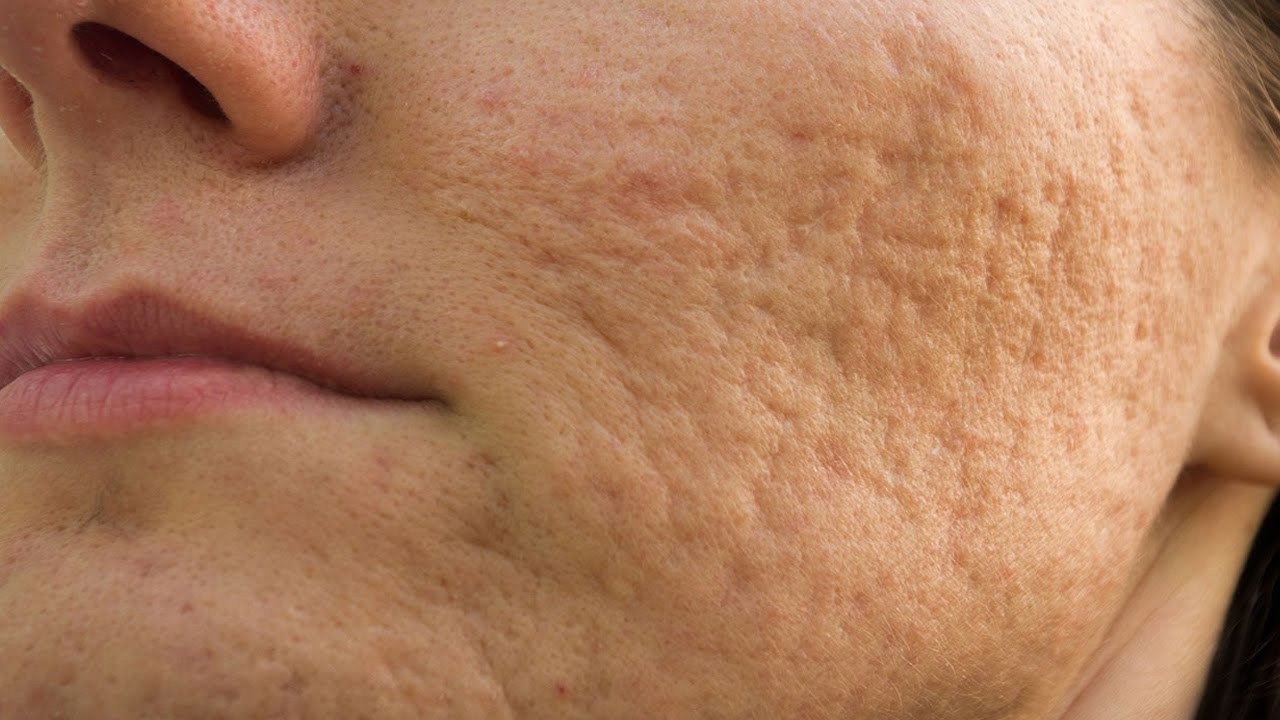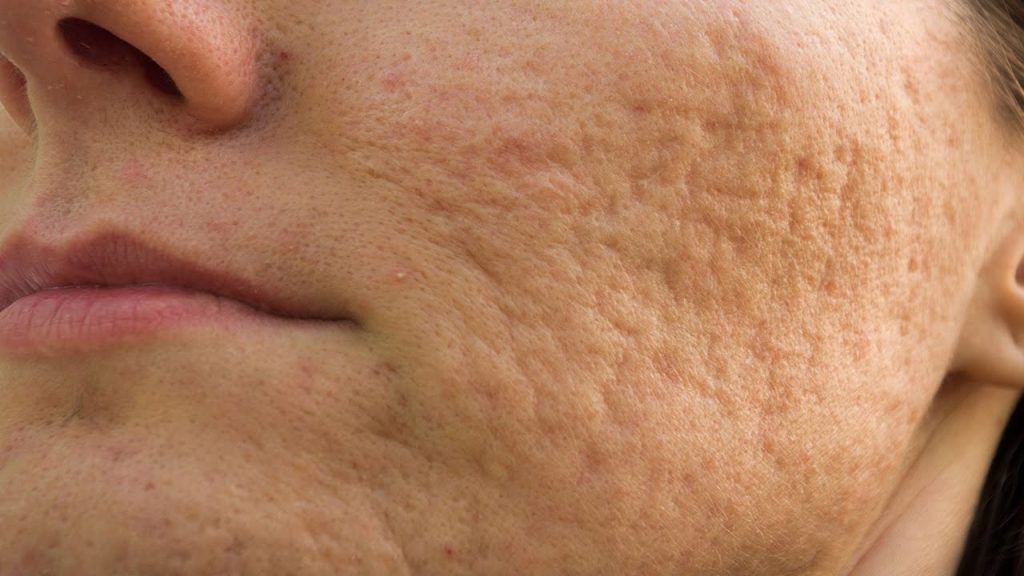Acne can be a frustrating skin condition that affects individuals of all ages, particularly women. While hormonal changes and genetics play significant roles in acne development, several external factors can also contribute to clogged pores and breakouts.
Understanding these triggers is essential for effectively managing acne and maintaining clear, healthy skin.
Makeup Residue:
Makeup products, especially those containing heavy oils and comedogenic ingredients, can clog pores and lead to acne breakouts.
It’s crucial to remove makeup thoroughly before bedtime to prevent pore congestion and allow the skin to breathe overnight.
Excessive Sebum Production:

Overactive sebaceous glands produce excess oil, which can accumulate in the pores and mix with dead skin cells, dirt, and bacteria, resulting in clogged pores and acne.
Managing sebum production through proper skincare and lifestyle habits is key to preventing breakouts.
Poor Cleansing Habits:
Inadequate cleansing can leave behind dirt, sweat, and environmental pollutants on the skin’s surface, contributing to pore congestion and acne development.
Using a gentle cleanser twice daily helps remove impurities and prevent pore blockages.
High Humidity and Sweat:
Humid environments and excessive sweating can increase oil production and trap impurities in the pores, leading to acne flare-ups.
Regularly washing the face and using non-comedogenic skincare products can help combat the effects of humidity and sweat on the skin.
Unhygienic Phone and Pillowcase:
Bacteria and dirt from unwashed hands, phones, and pillowcases can transfer onto the skin, causing pore blockages and acne.
Keeping these items clean and practicing good hygiene habits can minimize bacterial contamination and reduce the risk of breakouts.

Hair Products:
Hair styling products containing oils and silicones can migrate onto the skin, especially along the hairline and forehead, and clog pores.
Choosing hair products labeled as “non-comedogenic” and avoiding prolonged contact with the skin can help prevent acne caused by hair products.
Heavy Skincare Products:
Some skincare products, such as thick moisturizers and occlusive creams, can be too heavy for certain skin types and exacerbate pore congestion.

Opting for lightweight, oil-free formulations and non-comedogenic ingredients can prevent pore blockages and acne breakouts.
By being mindful of these common pore-clogging culprits and adopting a proactive approach to skincare, women can effectively prevent acne breakouts and maintain clear, radiant skin well into their middle and later years.
Consistent cleansing, using non-comedogenic products, and practicing good hygiene habits are essential steps in achieving acne-free skin and promoting overall skin health.
